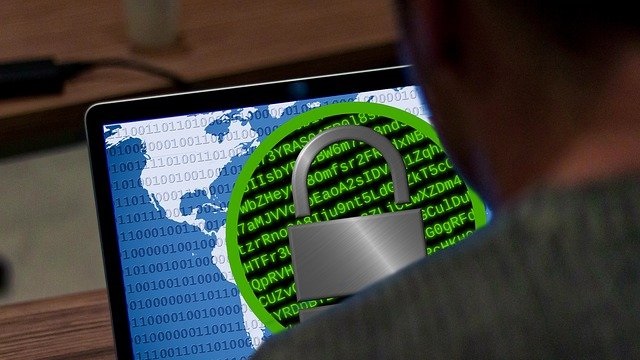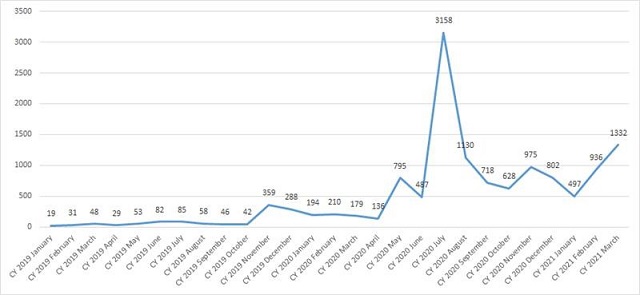Kaspersky Security Finds Covid Remote Working Cyber Attacks Increase – Over 8 Million on Israelis Alone
Ransomware is the biggest villain.
More than 8 million Israelis suffered cyberattacks while remote working during the Covid crisis, according to research performed by cybersecurity firm Kaspersky. Much of this came from ransomware attacks. The global shutdown caused by the Coronavirus pandemic forced countless people to work from home. This meant that a great deal of sensitive and private information had to be shared online through home internet connections and public Wi-Fi services.
So it is no wonder that hackers celebrated the global shutdowns. No matter how secure people may think that their personal internet connections to be, they, of course, can never be equal to the security provided by a large company’s in house servers and firewalls.
Kaspersky is a global cybersecurity company founded in 1997. Kaspersky boasts that its deep threat intelligence and security expertise is constantly transforming into innovative security solutions and services to protect businesses, critical infrastructure, governments and consumers around the globe. The company’s comprehensive security portfolio includes leading endpoint protection and a number of specialized security solutions and services to fight sophisticated and evolving digital threats. Over 400 million users are protected by Kaspersky technologies and we help 250,000 corporate clients protect what matters most to them.
Kaspersky conducted a study of recent hacks around the world, including in Israel. Since the beginning of 2021 alone the country has seen 8 million Remote Desktop Protocol (RDP). This is a major increase from the first few months of 2020, before the pandemic shutdowns began, where attacks only numbered about 100,000. The rate increased as 2020 moved along, but has decreased recently as Israelis have been able to get back to work.
–
#Ransomware attacks are multiplying by the day. But how do ransomware operator select their victims? What new ransomware gangs should organizations be wary of? Kaspersky GReAT’s @JusticeRage and Dmitry Galov will discuss in an upcoming webinar: https://t.co/dbhvMMz1IJ pic.twitter.com/DWqbJ2jsxv
— Kaspersky (@kaspersky) April 26, 2021
One of the biggest culprits were the hackers who use ransomware attacks. Ransomware works by taking control of a victim’s computer or even the entire systems of a private organization through a type of computer virus. The attackers then extort a fee in exchange for returning control of the computers affected to their owners. In recent months two different Israeli companies were ransomware attacks by the Black Shadow hackers.
Kaspersky cited WannaCry and Cryptolocker as being two of the biggest ransomware hacks. It found that from 2019 to 2020, the number of users encountering targeted ransomware increased by around 767%.
According Kaspersky’s research56% of ransomware victims had no choice but to pay the ransom in order to restore access to their systems. But 17% of the victims who paid out did not necessarily get their access restored.
“The ransomware landscape has fundamentally changed since it first became big news in the security community. We’ll most likely see fewer and fewer widespread campaigns targeting everyday users. Of course, that’s not to say users aren’t still vulnerable. However, the primary focus will likely continue to be on companies and large organizations, and that means ransomware attacks will continue to become more sophisticated and more destructive. It’s imperative that businesses adopt a holistic, comprehensive set of security practices to protect their data,” comments Fedor Sinitsyn, security expert at Kaspersky.
Read more about: Coronavirus, Covid, Kaspersky, Ransomware






